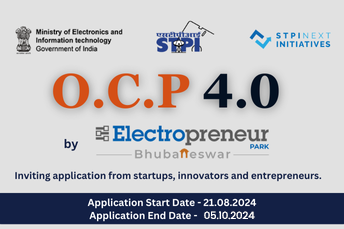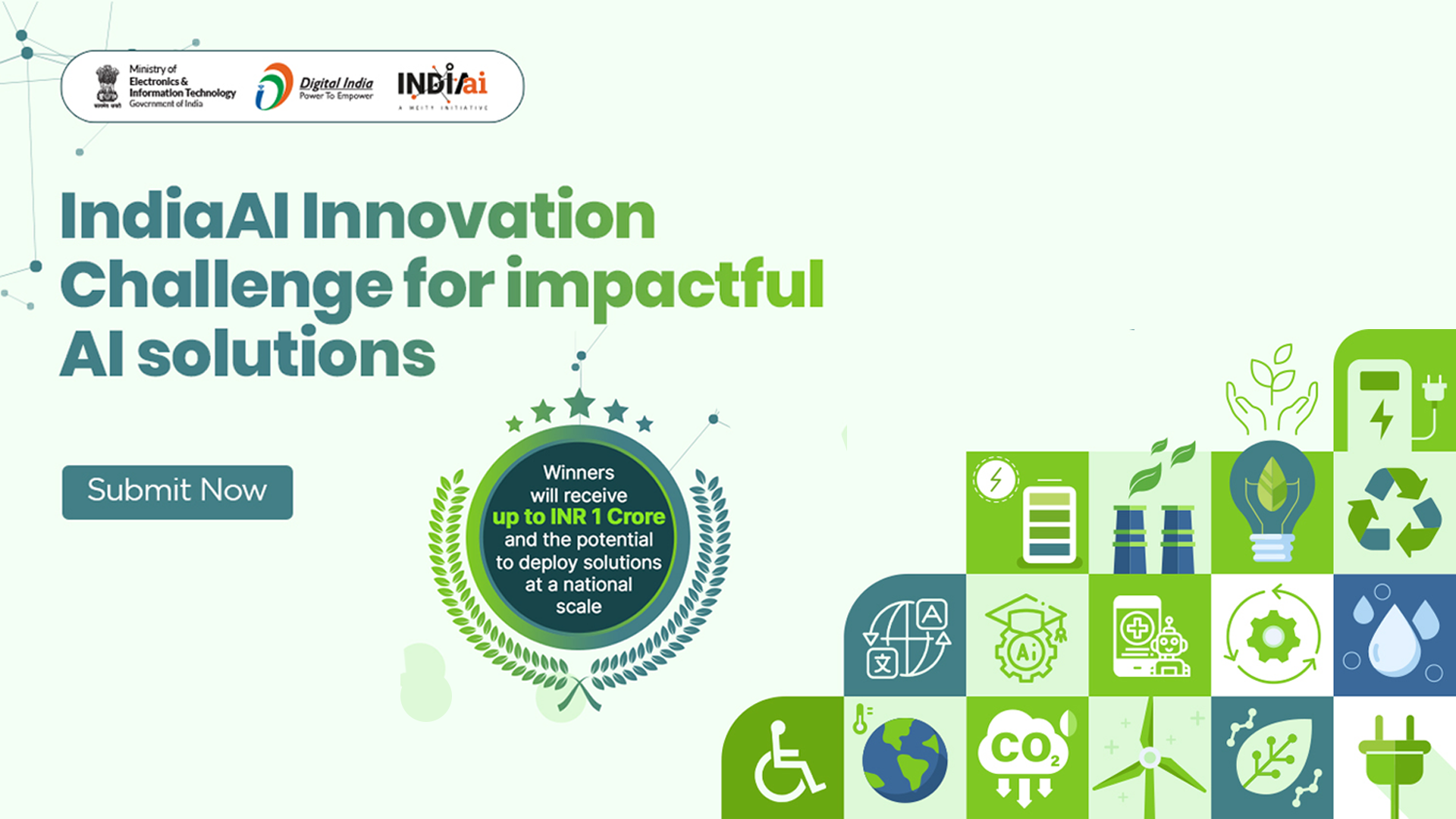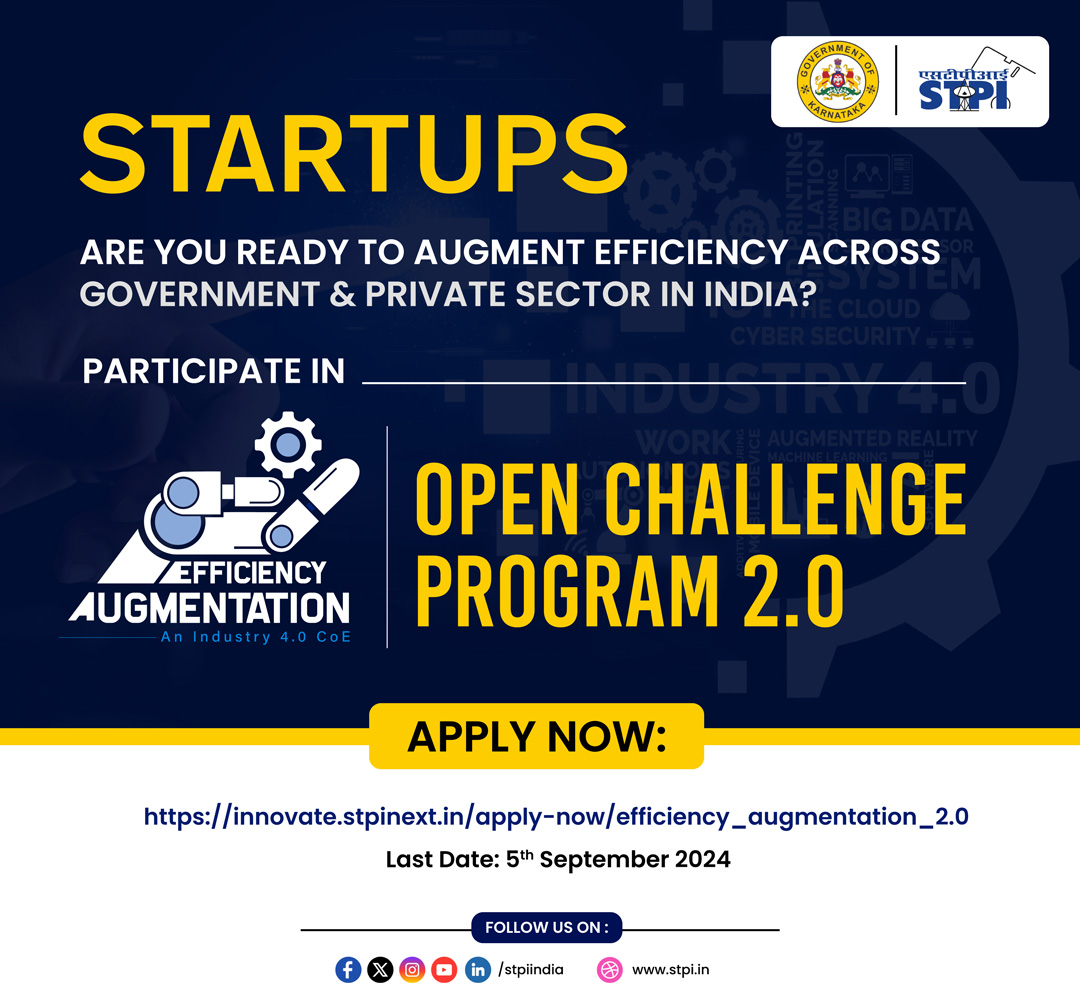About IndiaAI Innovation Challenge
In line with the Government of India’s commitment to advancing AI leadership, the IndiaAI Mission was approved on March 7th, 2024. The Mission aims to bolster India's global leadership in AI, foster technological self-reliance, ensure ethical and responsible AI deployment, and democratize the benefits of AI across all strata of society.
The IndiaAI Mission focuses on key pillars of the AI ecosystem, including Compute Capacity, Innovation Centre, Datasets Platform, Application Development Initiative, FutureSkills, Startup Financing, and Safe & Trusted AI. Implemented by IndiaAI – an independent business division of Digital India Corporation, the Mission strives to create a robust AI infrastructure and ecosystem in India.
One of the key initiatives under the IndiaAI Mission is the IndiaAI Application Development Pillar, which seeks to promote impactful AI solutions in critical sectors. The initiative will focus on developing, scaling and promoting adoption of transformative AI applications with potential for driving significant socio-economic progress.
IndiaAI invites innovators, researchers and entrepreneurs to be part of the AI Innovation Challenge under the IndiaAI Application Development Pillar. Participants will be provided a platform to harness the potential of AI across critical priority areas such as healthcare, agriculture, climate change and disaster management among others. Winning teams will have the unique opportunity to bolster India’s global leadership in the AI innovation ecosystem and showcase their innovative solutions that contribute to the country's growth, on a national stage.
Submission Guidelines
Download the Innovation Challenge document for more details and submission guidelines.
Link to the Form
Please follow this link so submit the application form.
For any queries related to the IndiaAI Innovation Challenge reach out to IndiaAI Application Development Initiative team at: fellow3.gpai-india@meity.gov.in or sudheer.reddy@meity.gov.in
Let's Innovate for a better tomorrow! Apply now for the IndiaAI Innovation Challenge and contribute to shaping the India's AI future.
Know more





